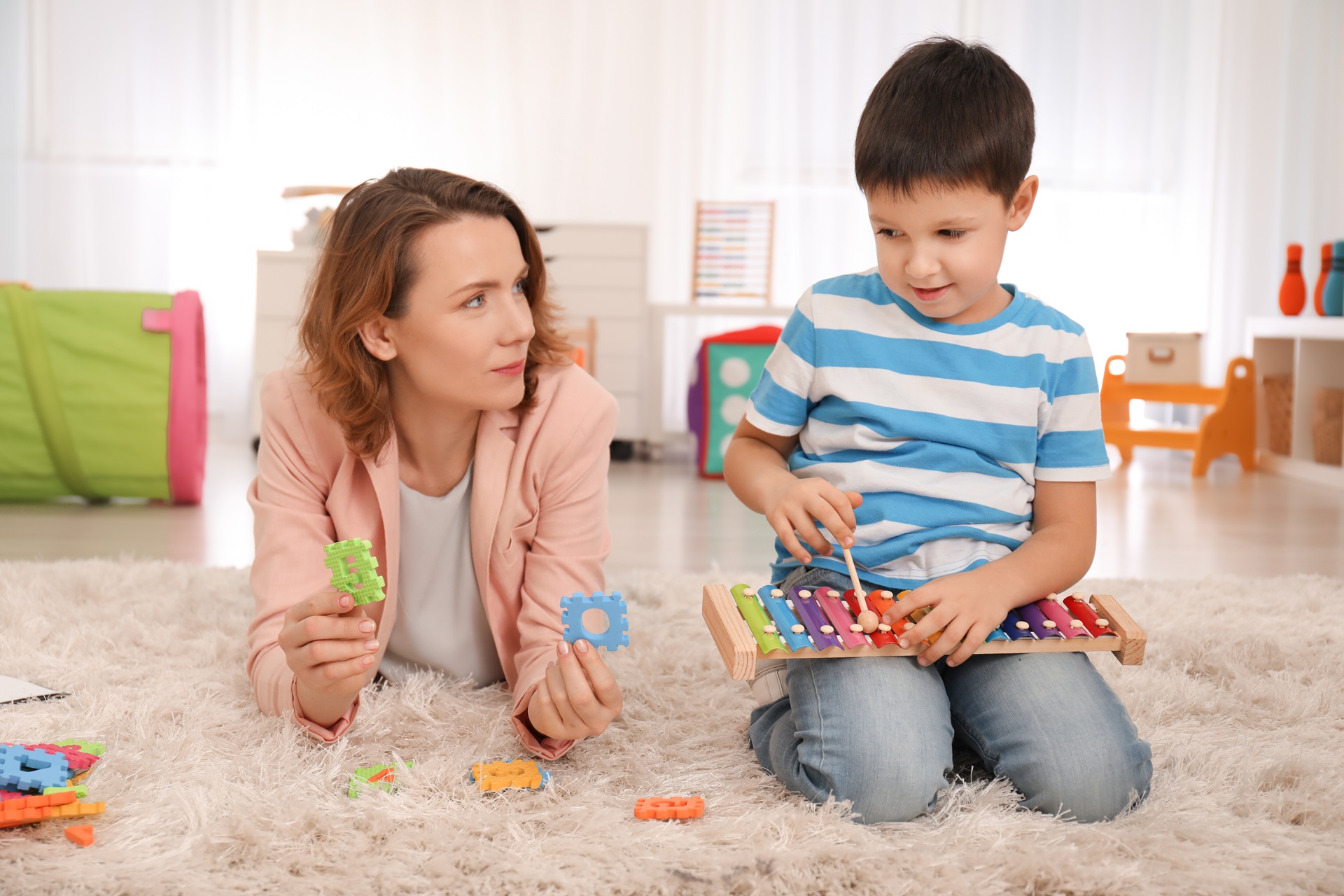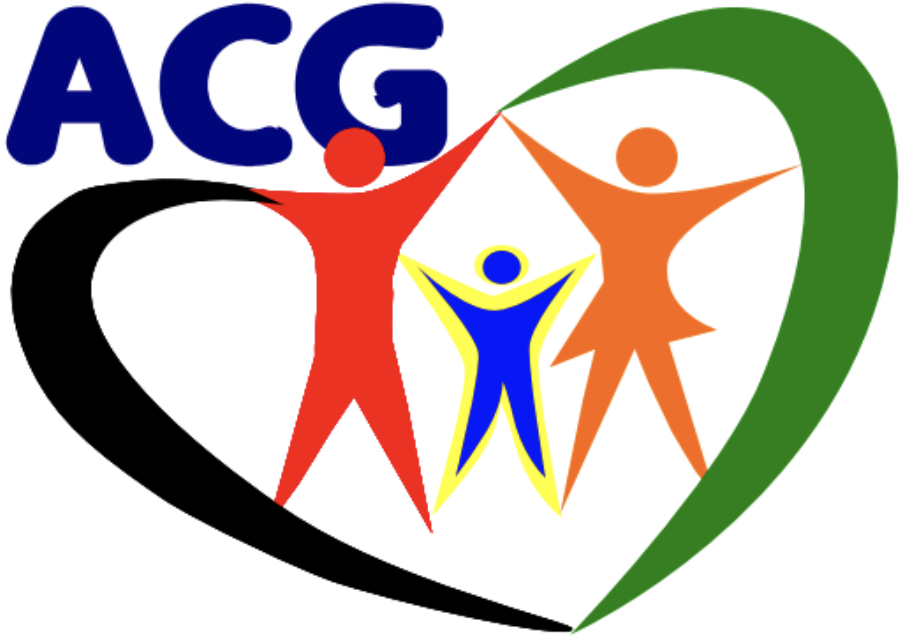Home-based ABA therapy
Helping you implement effective interventions to improve your child’s behavior.
Parent education
Children spend the majority of their time with their parents or caregivers, making it essential for them to receive appropriate guidelines to support the progress achieved by the therapist. It’s not sufficient for only the therapist to work with the child; as parents, you know your child best. Therefore, understanding your child’s goals and how to effectively intervene is crucial for improving their behavior both with the therapist and at home.
To facilitate this, the therapist will dedicate time during sessions to train you, as parents or caregivers, in the interventions currently being implemented for your child. This training ensures that you can maintain and generalize these strategies within your home and community, allowing you to witness positive progress even in the therapist’s absence. Additionally, this approach helps ensure that your child’s newly learned behaviors continue to improve throughout the program and after they have achieved their goals and are eventually discharged. At Autism Care Group, we emphasize the ultimate goal of complete independence for each client.


Social skills
Many children and adolescents with autism struggle to understand and utilize social skills, as they do not naturally learn to respond to social cues. While we often expect typically developing children to pick up on these cues instinctively, we rarely consider how to explicitly teach social skills to children with autism.
Social skills encompass a wide range of abilities, from joint attention and greetings to understanding concepts like theory of mind, feelings, and the hidden curriculum. They also involve learning basic social rules (e.g., how to be polite) and general behavioral expectations at home, in school, and during activities like recess. Mastering these skills can significantly impact a person’s life, influencing their ability to form and maintain friendships, engage in classroom activities, and secure employment. The presence or absence of social skills can profoundly affect the overall quality of life for individuals with autism.
Problem behavior reduction
At Autism Care Group, our behavior intervention plans are carefully designed to identify the underlying reasons for specific behaviors and implement strategies aimed at reducing those behaviors. During this process, we collaborate with the client, parents, caregivers, and staff to promote the development of alternative, appropriate behaviors. All our interventions are grounded in the insights gained from our Functional Behavioral Assessment process.


Language and FCT
All behavior serves as a form of communication. Functional Communication Training (FCT) focuses on replacing disruptive or unconventional behaviors with more appropriate communication methods. While our ultimate goal is to help clients communicate effectively in socially acceptable ways, our professionals understand that several important steps are necessary to reach this goal. For instance, if a client grabs items from others’ hands to express their desire for something, our ABT team may work to substitute that behavior with a different form of non-verbal communication, such as pointing.
Independent living skills
Children and adolescents with Autism Spectrum Disorders (ASDs) often require assistance with independent living skills, which encompass their ability to care for themselves at home, school, work, in the community, and in various other settings. Just as individuals who are not on the autism spectrum face different expectations based on their chronological and developmental age, expectations for those with ASD also differ.
Applied Behavior Analysis (ABA) therapy addresses several fundamental life skills, including toileting, feeding, dressing, and basic hygiene. As individuals with ASD gain more independence, the independent living component of their treatment program is frequently expanded to include tasks such as cleaning up, preparing snacks or meals, transitioning independently between locations, and developing executive functioning skills.


Play skills
Children with Autism Spectrum Disorder (ASD) often enjoy playing, but they may find certain types of play challenging. It’s common for them to engage in limited play, use only a few toys, or play in repetitive ways. For instance, your child might enjoy spinning the wheels on a car and watching them rotate or might complete a puzzle in the same sequence each time.
